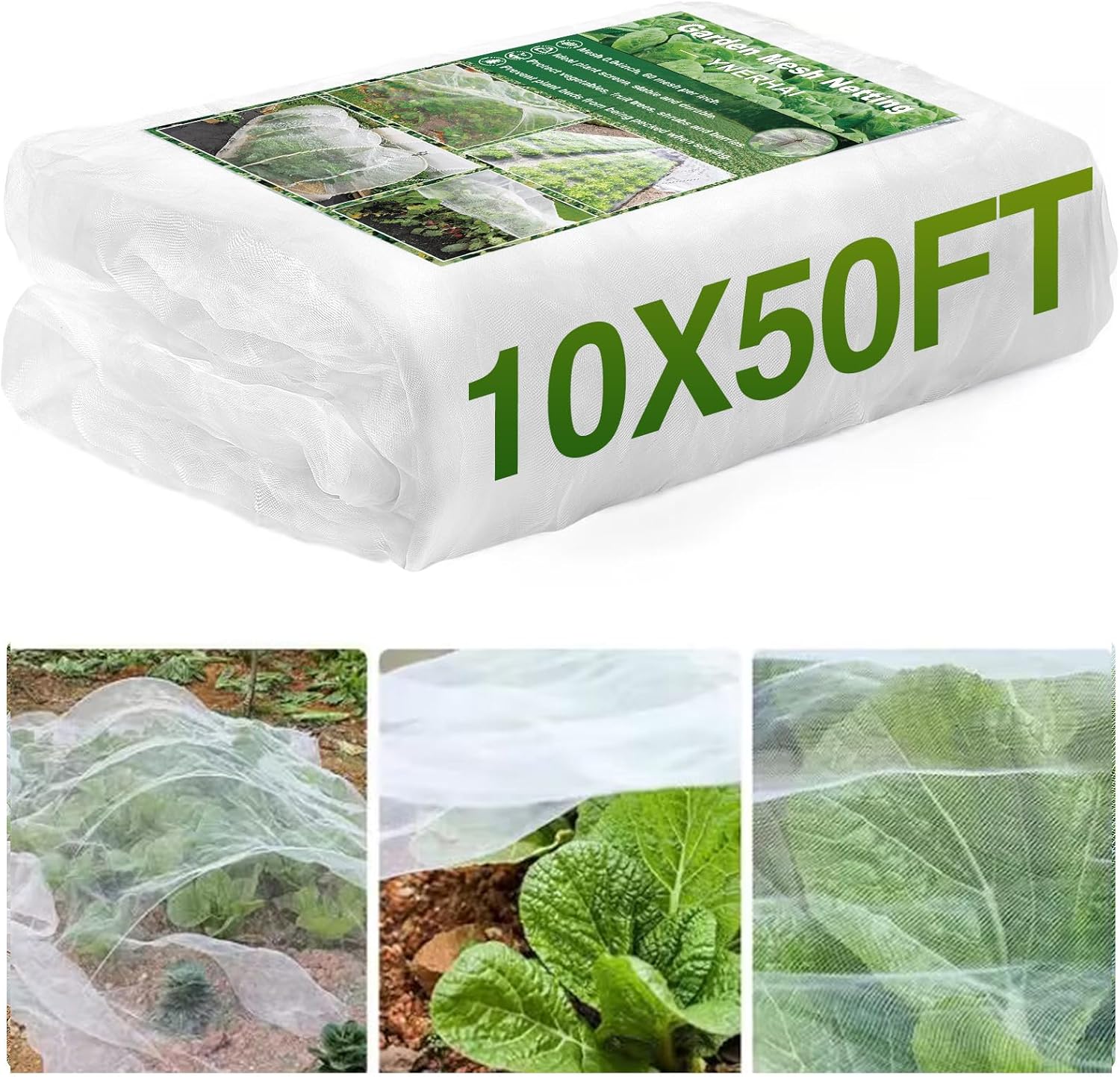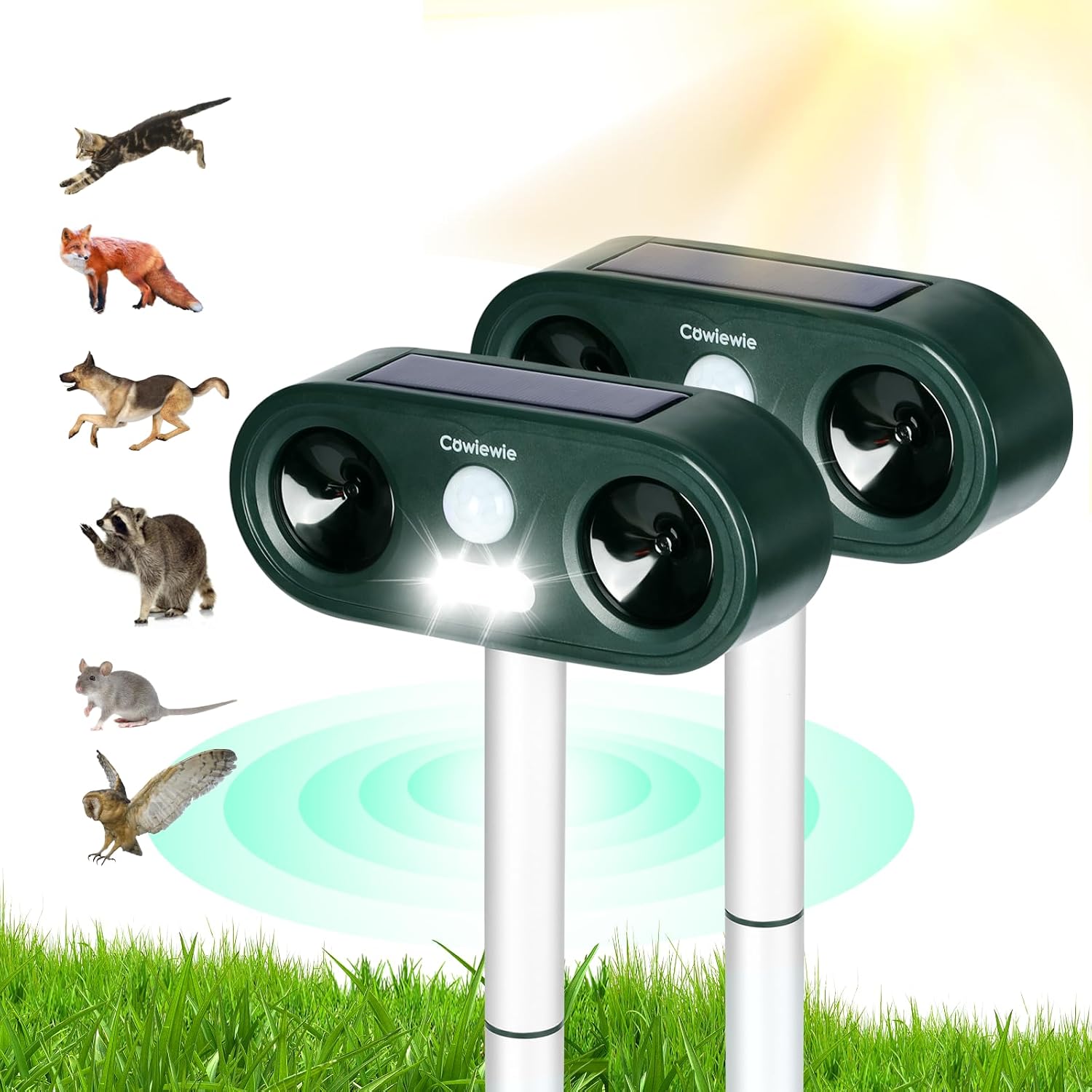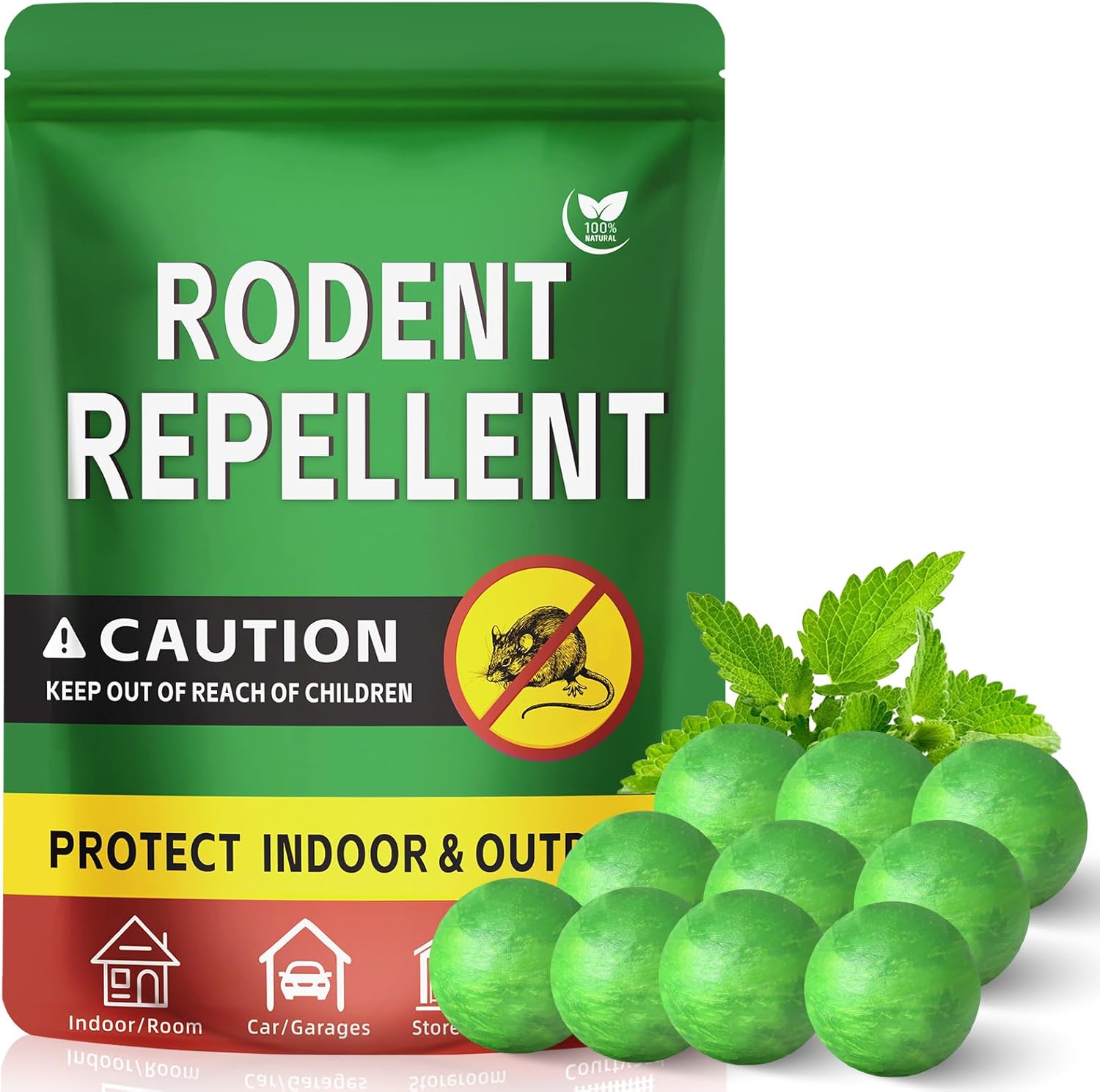Gardeners are sticking plastic forks in their veg patches – and no, it’s not as bonkers as it sounds
Can this method keep your plants safe over winter?

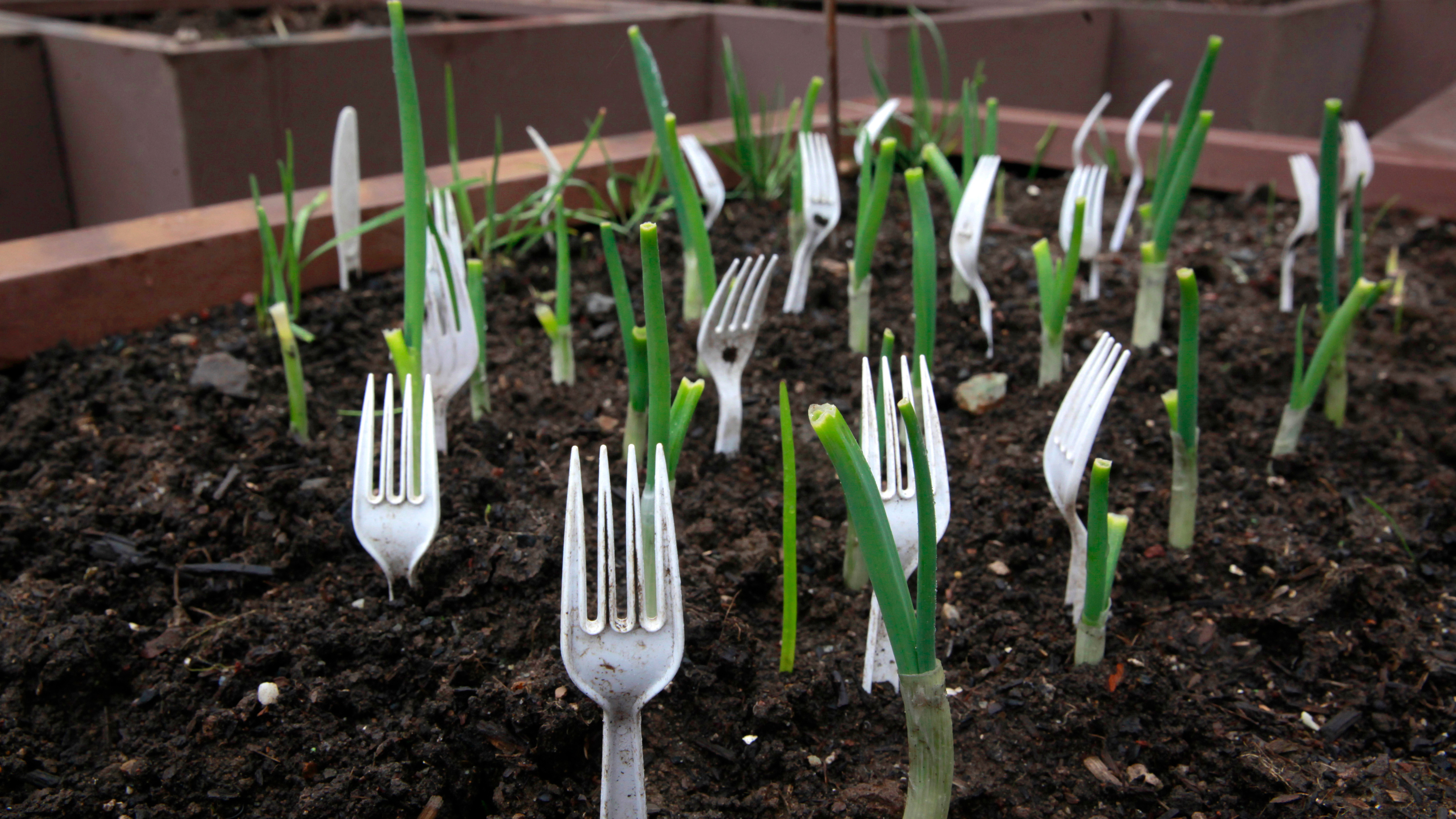
Sign up to our newsletter for style inspiration, real homes, project and garden advice and shopping know-how
You are now subscribed
Your newsletter sign-up was successful
Garden experts have revealed a quirky method to keep pests out of your vegetable garden - and all you need is a handful of plastic forks.
Ask any gardener about the biggest challenges they’ve faced to keep a thriving veg patch, and I’ll bet they mention pests digging up their plants or munching on their plants. And as a result, we’ve found plenty of ways to deter rats or get rid of squirrels.
Now, add another to the list. The humble plastic fork - the type you’d take to a picnic or pick up with a pasta pot meal deal - can be positioned in the soil of your veg patch to deter winter pests such as mice, squirrels, rabbits and even cats from destroying your growing veggies.
What's the hack?
The plastic forks are used to create a physical barrier around the plants you want to protect. The idea is that this barrier is uncomfortable for certain pests, such as squirrels, rabbits and caterpillars to cross, thus causing them to avoid the area.
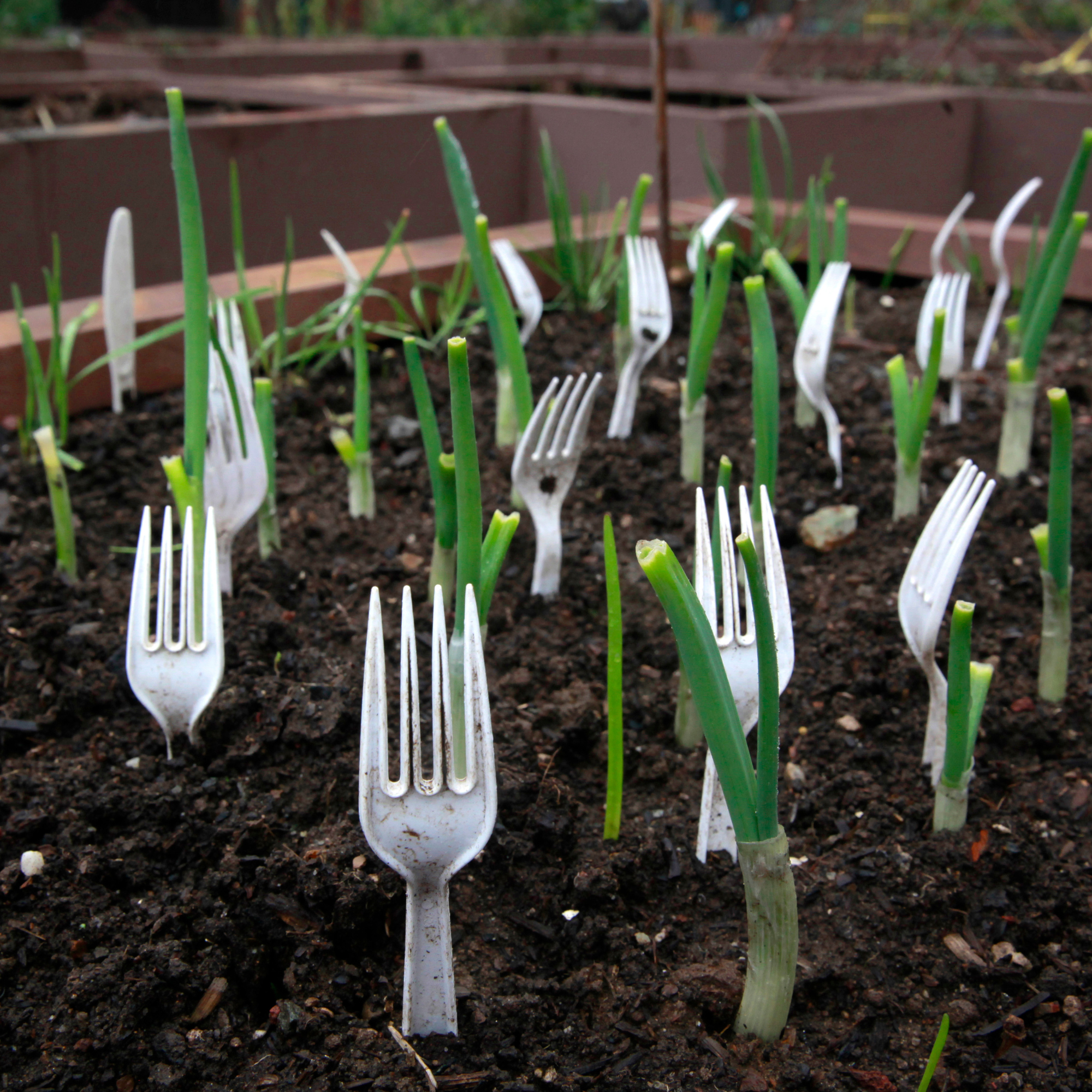
‘Soft-bodied pests such as slugs and snails can be deterred by the spiky surface plastic forks will create when inserted into the ground. For forks to work effectively in deterring these smaller pests, they need to be placed close together, creating a physical barrier that they would find difficult to manoeuvre around. The forks would need to be placed about 5cm apart and used to surround very vulnerable plants such as seedlings, which can be decimated if found by slugs or snails,’ explains Lucie Bradley, garden and greenhouse expert at Easy Garden Irrigation.
‘You can deter cats, rabbits and squirrels from areas of your garden by creating barriers of plastic forks - again placed close together approximately. 7cm apart. This should stop these smaller mammals from having easy access to your plants, and should stop them from digging in the ground as well as reaching plants which they might damage. Some animals may also be deterred simply by the appearance of the forks - the reflections caused by shiny forks may deter birds, whilst even deer may be wary of an area where the spiky forks are.’
The plastic forks can also act as a visual deterrent, especially on sunny days when the light reflects off the forks.
Sign up to our newsletter for style inspiration, real homes, project and garden advice and shopping know-how
‘Plastic forks can reflect the light that would usually be reflected by the leaves of plants, which can make them look less attractive to pests,’ says Richard Barker, horticultural expert and commercial director of LBS Horticulture.
Should you use this method?
‘Plastic forks also are easy to reuse and can be picked up and repositioned after bad weather or moved to protect other plants throughout the year. You should also be able to reuse them year after year, and we all know that some of the best gardeners are those who reuse and recycle!’ says Lucie.
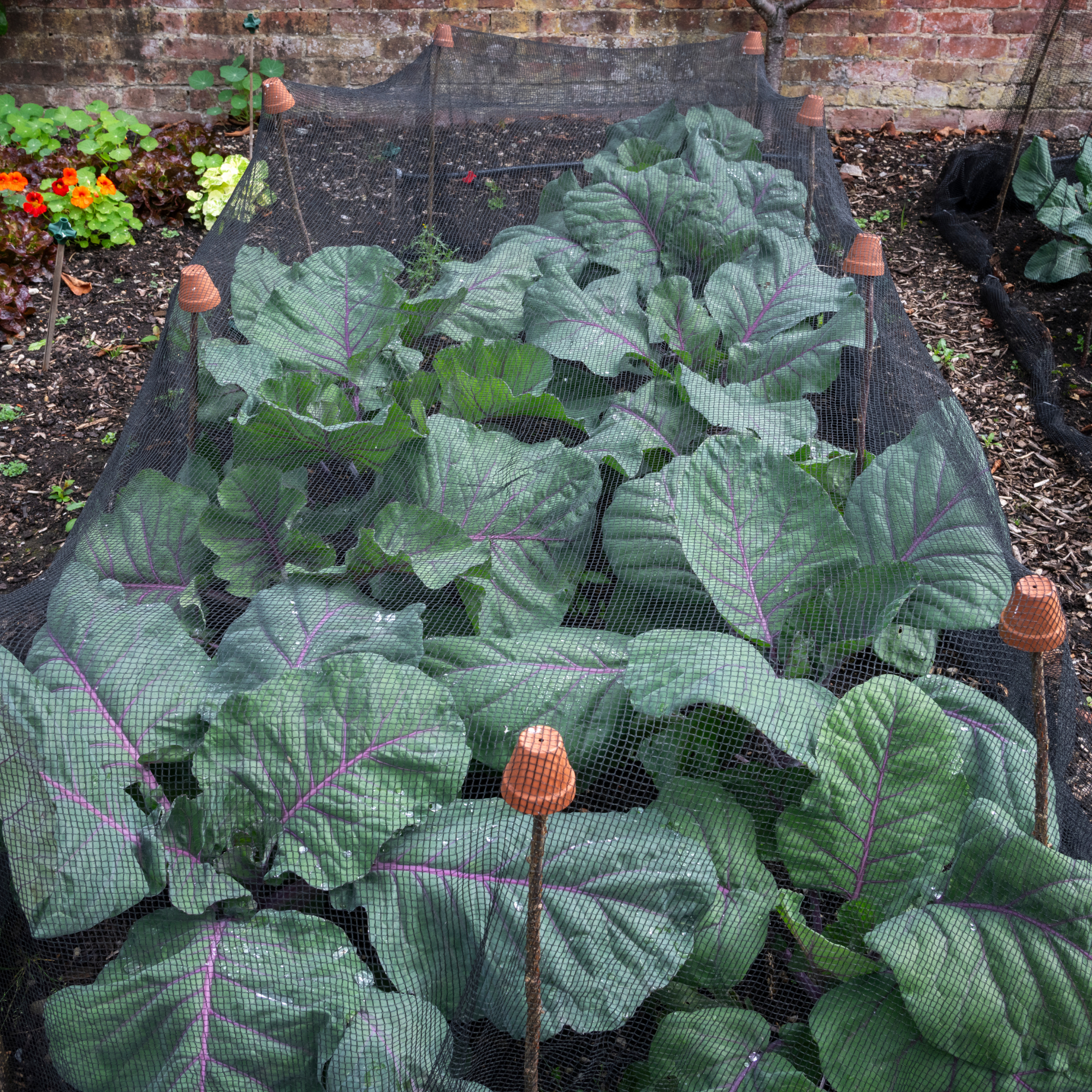
Using other deterrents, such as netting, can be more successful.
While this method does reuse items that may otherwise be chucked in the bin, the risk of using plastic in your veg patch or garden can mean microplastics are absorbed into the soil over time.
‘This is not a good method to use, as it is not particularly effective and will only work on a limited number of pests. There is always the chance that the plastic forks or any other type of plastic used in the garden can be harmful for wildlife, whether this is via ingestion or entanglement,’ says Richard.
‘The forks may also release microplastics over time, as they will be broken down by sunlight exposure, changes in temperature or abrasion (e.g. being moved by wind or rain).’
Instead, you should consider twig fencing, netting or even wooden forks to protect your plants. Companion planting can be used to naturally and humanely deter pests, for example, using scented plants such as garlic, which can be used to deter squirrels.
Have you heard of this bonkers method before?

Kezia Reynolds joined the Ideal Home team as News Writer in September 2024. After graduating from City, University of London in 2022 with a bachelor’s degree in journalism, Kezia kicked off her career spending two years working on women’s weekly magazines. She is always on the lookout for the latest home news, finding you the best deals and trends - so you don’t miss a thing!
